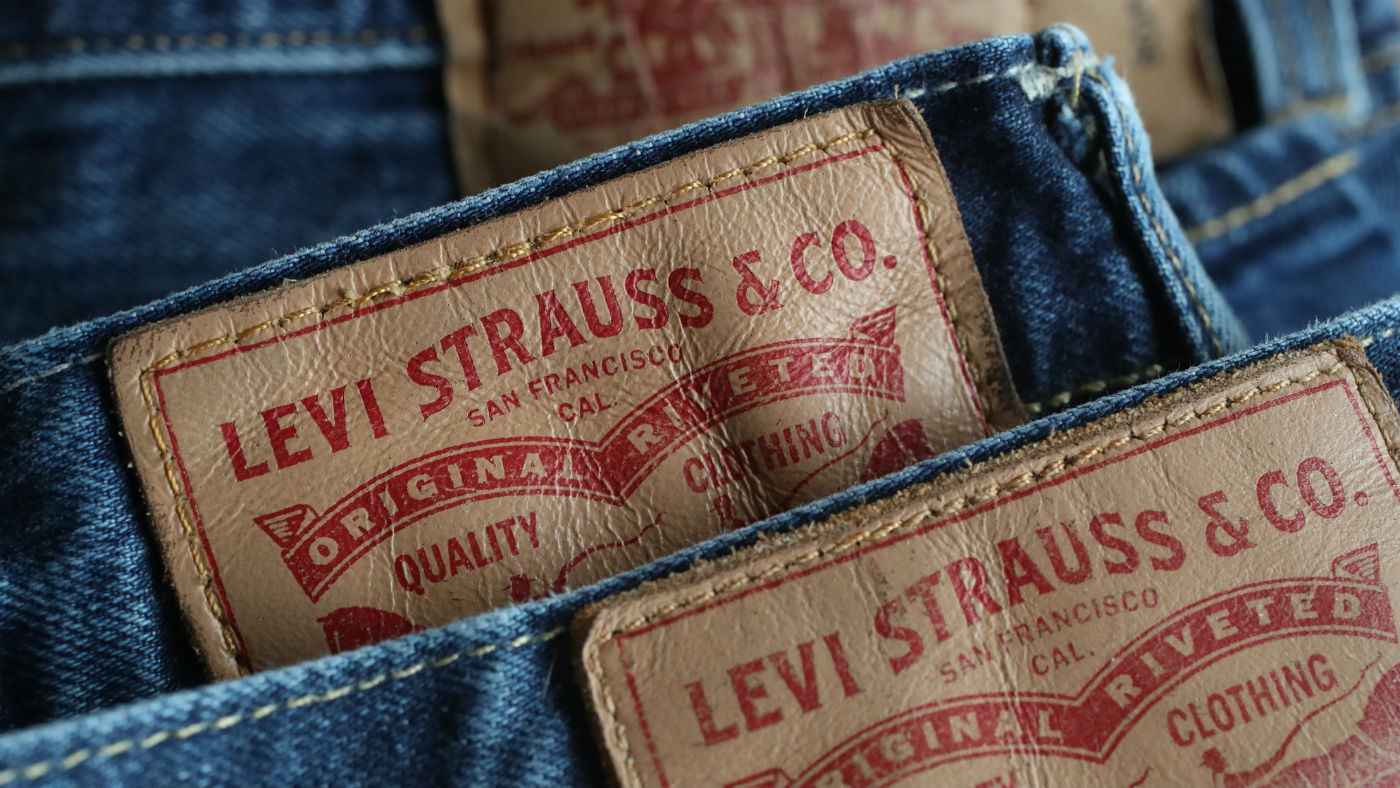EU to impose tit-for-tat tariffs on US imports
Politically sensitive American exports such as jeans, motorbikes and bourbon whiskey will be targeted tomorrow

A free daily email with the biggest news stories of the day – and the best features from TheWeek.com
You are now subscribed
Your newsletter sign-up was successful
The EU will impose new tariffs on a number of high-profile US goods this Friday, in retaliation against what it calls Donald Trump’s “unilateral and unjustified” decision to hike duties on aluminium and steel.
The EU’s trade commissioner Cecilia Malmstrom confirmed that prestige American exports such as jeans, motorbikes and bourbon whiskey will be hit with a 25% import charge, while cranberries, orange juice, sweetcorn and peanut butter will also be targeted. There will even be a 10% tariff on playing cards.
Many of the products the EU has in its sights “are specifically chosen to have maximum political effect” says the BBC.
The Week
Escape your echo chamber. Get the facts behind the news, plus analysis from multiple perspectives.

Sign up for The Week's Free Newsletters
From our morning news briefing to a weekly Good News Newsletter, get the best of The Week delivered directly to your inbox.
From our morning news briefing to a weekly Good News Newsletter, get the best of The Week delivered directly to your inbox.
Bourbon whiskey is produced in Kentucky, the state of Senate majority leader Mitch McConnell, while orange juice is a key export for Florida, a swing state in the US elections.
The imposition of retaliatory tariffs by the EU “confirms a tit-for-tat dispute that could escalate into a full trade war, particularly if Trump carries out his threat to penalise European cars”, says Business Insider.
Canada has already announced it will impose retaliatory tariffs on $12.5 billion worth of US exports from 1 July, while Mexico put tariffs on American products ranging from steel to pork and bourbon two weeks ago.
As the prospect of all out-trade war between the world’s largest economies grows, the managing director of the International Monetary Fund, Christine Lagarde warned it could lead to “losers on both sides” and have a "serious" impact on the world economy.
A free daily email with the biggest news stories of the day – and the best features from TheWeek.com
“Economists have warned the US metal tariffs could lead to higher metal costs, disrupt supply chains and even get passed on to US households,” the BBC reports.
Sky News says the US measures “have resulted in official complaints to the World Trade Organisation by those targeted, but such disputes have a habit of dragging on for months if not years”.
Unperturbed, on Sunday Trump raised the stakes in his game of economic brinkmanship with Beijing, threatening to raise tariffs on a further $150bn worth of Chinese goods.
-
 What is the endgame in the DHS shutdown?
What is the endgame in the DHS shutdown?Today’s Big Question Democrats want to rein in ICE’s immigration crackdown
-
 ‘Poor time management isn’t just an inconvenience’
‘Poor time management isn’t just an inconvenience’Instant Opinion Opinion, comment and editorials of the day
-
 Bad Bunny’s Super Bowl: A win for unity
Bad Bunny’s Super Bowl: A win for unityFeature The global superstar's halftime show was a celebration for everyone to enjoy
-
 Currencies: Why Trump wants a weak dollar
Currencies: Why Trump wants a weak dollarFeature The dollar has fallen 12% since Trump took office
-
 TikTok: New owners, same risks
TikTok: New owners, same risksFeature What are Larry Ellison’s plans for TikTok US?
-
 Trump wants a weaker dollar, but economists aren’t so sure
Trump wants a weaker dollar, but economists aren’t so sureTalking Points A weaker dollar can make imports more expensive but also boost gold
-
 Leadership: A conspicuous silence from CEOs
Leadership: A conspicuous silence from CEOsFeature CEOs were more vocal during Trump’s first term
-
 The end for central bank independence?
The end for central bank independence?The Explainer Trump’s war on the US Federal Reserve comes at a moment of global weakening in central bank authority
-
 Can Trump make single-family homes affordable by banning big investors?
Can Trump make single-family homes affordable by banning big investors?Talking Points Wall Street takes the blame
-
 Phish food for thought: Ben & Jerry’s political turmoil
Phish food for thought: Ben & Jerry’s political turmoilIn the Spotlight War of words over brand activism threatens to ‘overshadow’ the big ice cream deal
-
 What a rising gold price says about the global economy
What a rising gold price says about the global economyThe Explainer Institutions, central banks and speculators drive record surge amid ‘loss of trust’ in bond markets and US dollar